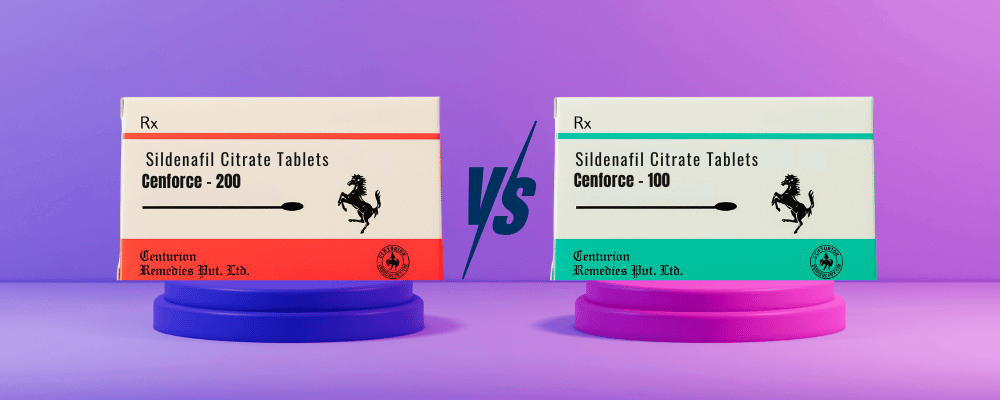Alcohol is a known risk factor for several types of cancer, contributing to nearly 100,000 cancer cases and 20,000 cancer-related deaths annually in the U.S. However, the link between alcohol and cancer remains largely unrecognized by the public. Only 45% of the United States population considers alcohol a carcinogen, which is comparatively low compared to other carcinogens such as tobacco and radiation. This suggests the requirement of education and the spread of awareness regarding the contribution of alcohol to cancer development.
Alcohol and Cancer: The Hidden Risk
Despite alcohol’s widespread consumption in the U.S., its impact on cancer risk is not well understood. In 2019, alcohol was responsible for 96,730 cancer cases in the U.S., with breast cancer being the most common type among women. Globally, alcohol contributed to 741,300 cancer cases in 2020. These alarming statistics show the critical need to raise awareness and educate people about the dangers of alcohol.
How does Alcohol increase cancer risk?
Understanding how alcohol increases cancer risk begins at the biological level. When alcohol is consumed, it is metabolized into acetaldehyde, a toxic substance that can damage DNA. This damage hinders the body’s ability to repair itself, leading to uncontrolled cell growth and, over time, cancer. Alcohol also generates reactive oxygen species, which cause inflammation and further damage vital cellular structures, including proteins, lipids, and DNA. Chronic inflammation creates an environment that promotes cancer development. Additionally, alcohol can alter hormone levels, increasing estrogen, which is linked to breast cancer risk in women.
Furthermore, alcohol can act as a solvent, making it easier for harmful chemicals from tobacco and other sources to enter cells, thus amplifying cancer risks.
Which Types of Cancer Are Linked to Alcohol Consumption?
Alcohol consumption has been linked to several types of cancer, both in men and women. The risk varies depending on the type of cancer and gender.
In Women
- Breast Cancer: Alcohol raises estrogen levels, especially when combined with hormone replacement therapy (HRT), significantly increasing breast cancer risk. Alcohol accounts for 7-10% of breast cancer cases, with approximately 20,000 new cases annually in the U.S.
In Men
- Liver Cancer: Chronic heavy drinking leads to liver cirrhosis, a major risk factor for liver cancer. Alcohol contributes to about 5% of liver cancer cases in men, particularly in regions with high alcohol consumption.
Mouth, Throat, and Esophageal Cancers: Alcohol significantly increases the risk of these cancers, especially when combined with tobacco use. Together, alcohol and tobacco account for around 75% of oral and throat cancers. - Colorectal Cancer: Alcohol consumption is responsible for approximately 4% of global colorectal cancer cases. With two drinks per day, colorectal cancer risk rises by 8%.
How Much Alcohol Increases Cancer Risk?
Alcohol consumption, whether moderate or heavy, increases the risk of developing cancer.
Impact of Drinking Levels on Cancer Risk. The risks associated with different levels of alcohol consumption can be quite significant
- One Drink a Day: Even moderate drinking increases the risk of breast cancer by about 7%. Colorectal cancer risk may also rise slightly with daily moderate drinking.
- Two Drinks a Day: With two drinks per day, the cancer risk increases further. In addition to breast cancer, colorectal cancer risk rises by 8%, and the risks for other cancers may also increase modestly.
- Three or More Drinks a Day: At this level, the risk of liver, mouth, throat, and esophageal cancers increases markedly. Chronic heavy drinking can also lead to liver cirrhosis, which raises the risk of liver cancer.
How Reducing Alcohol Can Lower Cancer Risk
Reducing or quitting alcohol can have immediate and long-term benefits for cancer prevention.
Benefits of Reduction:
- Quitting alcohol reduces the risk of alcohol-related cancers over time.
- Liver health improves, decreasing the likelihood of liver cancer.
- Cutting back on alcohol lowers the risk of breast and colorectal cancers.
Public Health Recommendations and Guidelines
- Health organizations such as the WHO and the American Cancer Society recommend limiting alcohol consumption to reduce cancer risk.
- The Centers for Disease Control and Prevention emphasizes the importance of moderation and advises against binge drinking to minimize health risks.
Increasing Public Awareness
Public awareness of alcohol-related cancer risks is limited. Many people don’t realize the long-term consequences of regular drinking. Here’s how awareness can be improved:
- Updated Warning Labels: Clearly warn about alcohol’s link to cancer, similar to tobacco warning labels.
- Educational Campaigns: Public health campaigns can use media channels to educate people about the connection between alcohol and cancer.
- Clinical Screenings: Healthcare providers can include alcohol consumption in routine screenings and encourage healthier drinking habits.
Conclusion
Alcohol consumption is a major risk factor for several cancers, including breast, liver, colorectal, and mouth cancers. The more alcohol you drink, the higher your risk of developing these cancers. Even moderate drinking increases the likelihood of cancer, while heavy drinking significantly raises the risk. Reducing or quitting alcohol can lower your cancer risk and improve your overall health. It’s important to make informed decisions about alcohol consumption. Understanding the risks and taking steps to reduce intake can help protect your health and prevent cancer.






